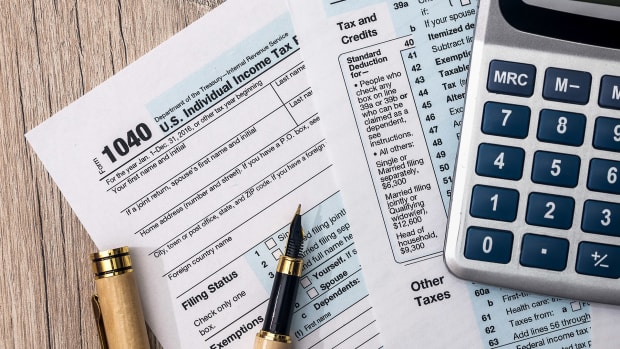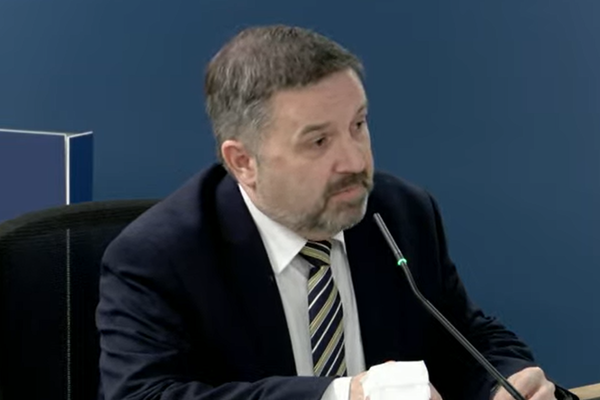
Whenever tax season comes around, the number of scams trying to capitalize on panic seems to increase tenfold — at the end of January, the Internal Revenue Service (IRS) warned of a new “vishing” (“voice phishing”) scam in which fraudsters impersonating the agency call and say that there’s some “legal action involving your social security number.”
By February, some social media users started spreading a “tax hack” that is actually against the law. On March 3, the IRS warned against a "W-2 Scheme" telling filers to fill out the form with a higher number in "in hopes of getting a substantial refund."
DON’T MISS: ‘Tax Hack' Making The Rounds On Social Media Can Earn You a Huge Fine
Now less than a month away from the tax filing deadline, the IRS is warning of yet another tax scam commonly-seen this year.

Another New Tax Scam Is Making The Rounds
As part of its annual Dirty Dozen list of scams most widespread in a given year, the government agency started out this year’s round-up by issuing a warning against one involving the Employee Retention Credits — according to the IRS, promoters “have been blasting ads on radio and the internet touting refunds” that are actually accessible available to a very limited number of filers.
The credit, which is shortened to ERC, was installed in 2020 as a way to help businesses coping with the fallout of the COVID-19 pandemic. It applies to those business owners who continued paying employees despite significant losses between March 13, 2020 to Dec. 31, 2021.
The credit requires one’s company to officially meet the requirements of a recovery startup business and, in either case, is no longer available for earnings received in 2022.
But that hasn’t stopped what the IRS says is a wealth of people “touting how easy it is to qualify for the ERC.”
Accountants Are Seeing More People Do This
“Tax professionals have reported receiving undue pressure from clients to participate and claim the ERC, even when the tax professional believes the client is not entitled to the credit,” the IRS warns.
While this scheme first started appearing in the first year of the pandemic, the IRS said that it has stepped up enforcement action after seeing it return even in a year when the credit was not available to anyone — both to catch genuine errors and those who file improperly with the intent to deceive.
The ERC is one of many pandemic-related tax credits that expired and, as a result, many tax filers will received a lower refund — the average filer will get $326 less than they did in 2022.
A survey from consumer finance company Bankrate found that 69% of those who expect to receive a tax refund this year are worried about some kind of problem -- 33% are worried about it being smaller than last year while 34% are concerned it will not stretch far enough due to inflation.
But as the IRS warns, none of that should push one to claim a refund one is not entitled to it. As with all its scam announcements, the agency advises people unsure of what credit they can claim to seek out the services of a tax professional and “honest taxpayers not to be caught up in these schemes.”
“Businesses need to think twice before filing a claim for these credits,” IRS Commissioner Danny Werfel said in a statement. “While the credit has provided a financial lifeline to millions of businesses, there are promoters misleading people and businesses into thinking they can claim these credits.”







